The Israeli government must not withhold information from the public about the dangers faced by Eritrean asylum seekers it is planning to deport.
By Sigal Avivi

Eritrean asylum seekers protest in front of the European Union embassy in Ramat Gan, near Tel Aviv, calling for the EU to try the Eritrean leadership for crimes against humanity, on June 21, 2016. (Tomer Neuberg/Flash90)
Emanuel, an Eritrean asylum seeker whom Israel deported to Uganda half a year ago, agreed to take the risk of being interviewed on camera for one reason: he wanted the Israeli Supreme Court justices to look into his eyes as he told them what happens to asylum seekers who succumb to Israel’s policy of pressuring them to “voluntarily” leave the country.
Related stories
- The farce of Israel's 'voluntary deportation' policy
By+972 Blog|September 9, 2015
- Israel to indefinitely imprison asylum seekers who refuse deportation
ByMairav Zonszein|March 31, 2015
- Asylum seekers call on Europe to try Eritrean leader for crimes against humanity
ByInbal Ben Yehuda|June 23, 2016
- Asylum seekers mourn ‘lynched’ Eritrean man
ByMya Guarnieri|October 23, 2015
Emanuel’s desire to do this overcame his fears that should his filmed testimony fall into the wrong hands and he is identified, both he and his relatives in Eritrea would be in grave danger. He was aware that it was too late for his testimony to help him. However, he hoped that we would succeed in bringing his testimony before the justices, who were considering an appeal against the policy of deporting asylum seekers by force that the Israeli government is preparing to adopt.
Emanuel’s hopes have yet to be fulfilled and, to the best of our knowledge, the Supreme Court justices have no idea what is happening in Eritrea or what the implications of deporting Eritrean asylum seekers are.
Now, five justices will now decide on the fate of the Interior Ministry’s plans to force asylum seekers from Eritrea to choose one of three heinous options:imprisonment in Israelfor anunlimited time;returning to Eritrea; or leaving Israel forone of the “third countries.”
Crimes against humanity
Crimes against humanity have been perpetrated in Eritrea for decades, but until recently have attracted very little attention around the globe. This began to change over the last few years, above all with the UN’s establishment of a special committee to investigate human rights violations in Eritrea. Reportspublished by the committee, along with those from various international organizations and states, have revealed the severity of the situation.
The reports confirm widespread human rights violations in Eritrea such as murder, disappearance, torture, rape, mass and arbitrary imprisonment,forced labor, forced indefinite conscription, lawlessness, the reign of terror and the persecution of anyone who dares oppose the regime. The UN committee also formulated recommendations for states that provide asylum and suggested bringing Eritrea’s ruler, Isaias Afwerki, to trial for crimes against humanity.
![Eritrean asylum seekers, wearing white masks, protest in front of Israel's Defense Ministry in Tel Aviv demanding refugee status [archive photo]. (Photo by Oren Ziv/Activestills.org)](https://972static-rsvpteamltd1.netdna-ssl.com/wp-content/uploads//2014/09/Eritreans-masks.jpg)
Eritrean asylum seekers, wearing white masks, protest in front of Israel’s Defense Ministry in Tel Aviv demanding refugee status [archive photo]. (Photo by Oren Ziv/Activestills.org)
In Israel, the situation is completely different. Israel routinely rejects Eritreans’ requests for asylum. A special tribunal in Jerusalem, which was established to address migration issues, recently ruled against this policy. The tribunal ruled that Israeli authorities must not as a matter of course reject asylum applications from Eritreans who fled their country to escape forced conscription.
We feel that this information should be at the center of discussions on deporting those who are without doubt asylum seekers. The Israeli government, however, prefers to identify them as “infiltrators” who entered the country illegally, even enacting a series of laws to prosecute them.
In an attempt to facilitate informed public discourse on the deportation policy, we filed a request for the public disclosure of Israel’s agreements with the Eritrean dictatorship regarding asylum seekers currently in Israel and their repatriation, along with expert opinions and other relevant government documents, such as those on human rights in Eritrea. The request was filed with the assistance of attorney Eitay Mack and in accordance with the freedom of information legislation.
To date, the deportation apparatus in Israel has adopted the policy of “making life miserable” for asylum seekers in the hope this will convince them to leave. As a result, the state has set up what may be one of the worst systems in the Western world for persecuting asylum seekers.
Israel is not just the only state in the world publicly declaring its intention to repatriate refugees — it has also openly repatriated many asylum seekers to Eritrea and Sudan. So far, the Israeli government has sent more people back to Eritrea — over 2,000 — than have all of the states in the Western world put together.
Asylum seekers are not only being sent back to their countries of origin. Over the past three years, Israel has also employed force and deception to deport thousands of Eritrean asylum seekers to “third countries,” knowing full well that they will have no legal status on their arrival and be will forced to leave,at great risk to their lives.
A representative of the UN special investigative committee on Eritrea, Sheila Keetharuth, has discussed this policy, warning that these “third countries” deport the asylum seekers directly back to Eritrea.
In most cases, all contact with the deportees is severed once they leave. No country in the world has real data about the fate of asylum seekers sent back to Eritrea. Our request for information contains testimony from senior U.S. officials who emphasize the lack of knowledge about the deportees’ fate, while Britain and other countries have made similar statements.
But according to the little reliable evidence that has been obtained, those who are repatriated to Eritrea are interrogated and sometimes imprisoned. Israel, which has an embassy in Eritrea, is actually one of the few sources of information. Israel has presented an expert opinion stating that the Eritreans sent back to their country will be “lined up and shot or thrown into torture chambers.” To the best of our knowledge, both of these have indeed happened to Eritreans deported from Israel.
Diplomatic ties between Israel and Eritrea
Israel is one of the few states that maintains full diplomatic relations with Eritrea, despite the weapons embargo on Eritrea. There are also reports of military ties between Israel and Eritrea, something that was known to exist in the past. It is the Israeli public’s right to know the full extent of these ties.
We were not surprised to discover, in the initial response to our request for information, that Israel and Eritrea maintain a dialogue and have signed agreements about the asylum seekers in Israel. We were informed that the Ministry of Foreign Affairs possesses documentation of these agreements, as well as expert opinions about the state of human rights in Eritrea.
The ministry, however, refused to reveal this information, claiming that doing so would damage Israel’s foreign relations. This is ridiculous in light of the revelation that these documents exist. Their concealment is a crime against both the Israeli and the Eritrean public. Furthermore, agreements with dictatorships and the violation of human rights should not be concealed with the claim that revealing the crimes would harm the criminals.

An Eritrean asylum seeker cleans, after spending the night in Levnisky park, south Tel Aviv, on their eighth day of an on going protest, on the early hours of February 9, 2014. (photo: Oren Ziv/Activestills.org)
It was recently revealed that the expert opinion regarding Eritrean asylum seekers was shelved because it did not serve the agenda of the current Israeli government. A report from the Population and Immigration Border Authority unit that processes asylum requests, which concluded that non-Arab asylum seekers from Darfur should be granted refugee status, was ignored in a similar manner to other recommendations presented to the officials. In other words, the Israeli government is concealing information it possesses regarding asylum seekers from the public and the courts.
The requested information regarding Eritrea and Israeli-Eritrean relations is vital to legal and public discourse regarding the fate of Eritrean asylum seekers in Israel. In its desire to deport them, the Israeli government is attempting to hide from the public and the Supreme Court the fate that awaits the asylum seekers in their own country and the “third countries” following their removal as well as Israel’s role in this process. The requested information also is vital to the international struggle against the Eritrean dictatorship and to the rights of Eritrea refugees worldwide. Last, but not least, it is vital to public discourse within Israel in order to cease our support of dark dictatorial regimes.
The truth which Emanuel wished to share with the Supreme Court concerns not only the future of his fellow asylum seekers who face deportation from Israel, but also the entire Israeli public: the five justices’ decision on deportation policy will have a decisive impact on the nature of the State of Israel.
Sigal Avivi is a human rights activist based in Tel Aviv.
Source=https://972mag.com/what-will-happen-to-eritrean-asylum-seekers-after-israel-deports-them/124475/


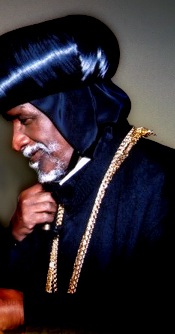 WASHINGTON, D.C. – January 20, 2017 marks the 11-year anniversary of the Eritrean government’s illegal removal of Abune Antonios as the rightful Patriarch of the Eritrean Orthodox Church, the nation’s largest religious community. The Patriarch has been detained since 2007: His “crime” was his refusal to excommunicate 3,000 parishioners who opposed the government.
WASHINGTON, D.C. – January 20, 2017 marks the 11-year anniversary of the Eritrean government’s illegal removal of Abune Antonios as the rightful Patriarch of the Eritrean Orthodox Church, the nation’s largest religious community. The Patriarch has been detained since 2007: His “crime” was his refusal to excommunicate 3,000 parishioners who opposed the government.




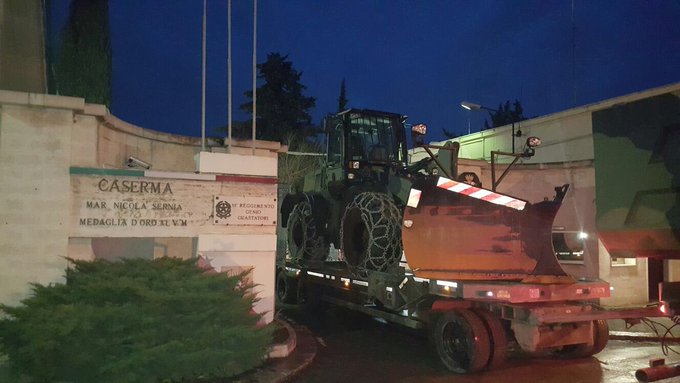
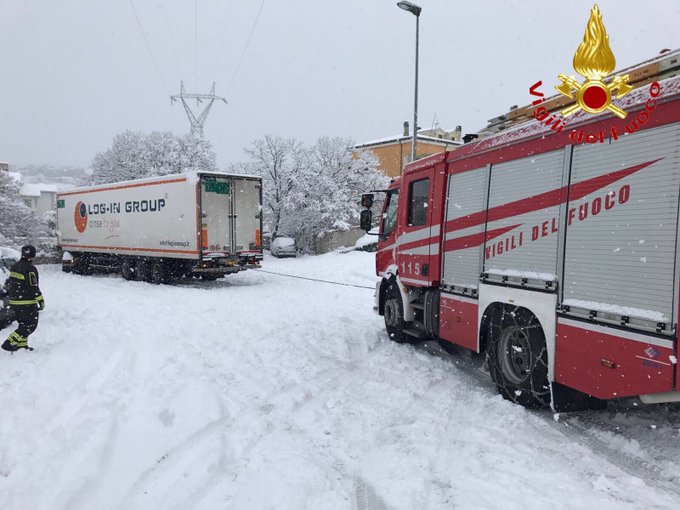
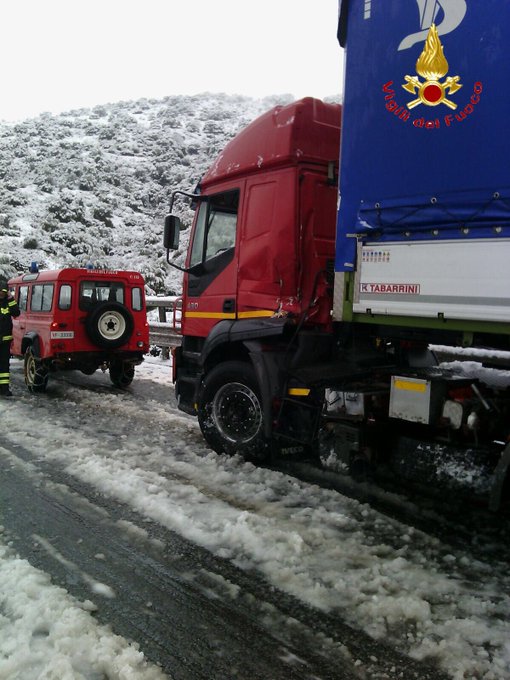
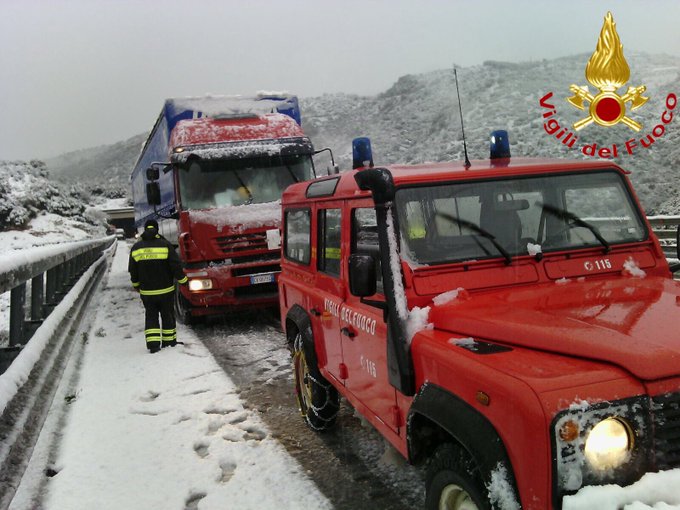


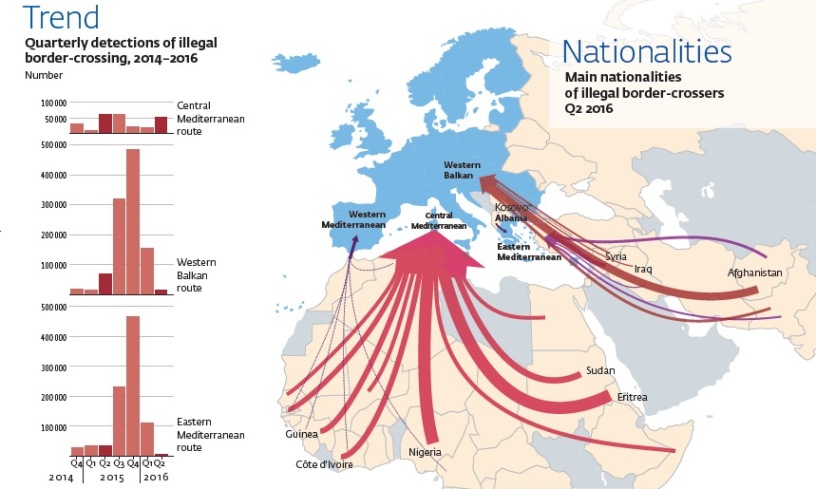


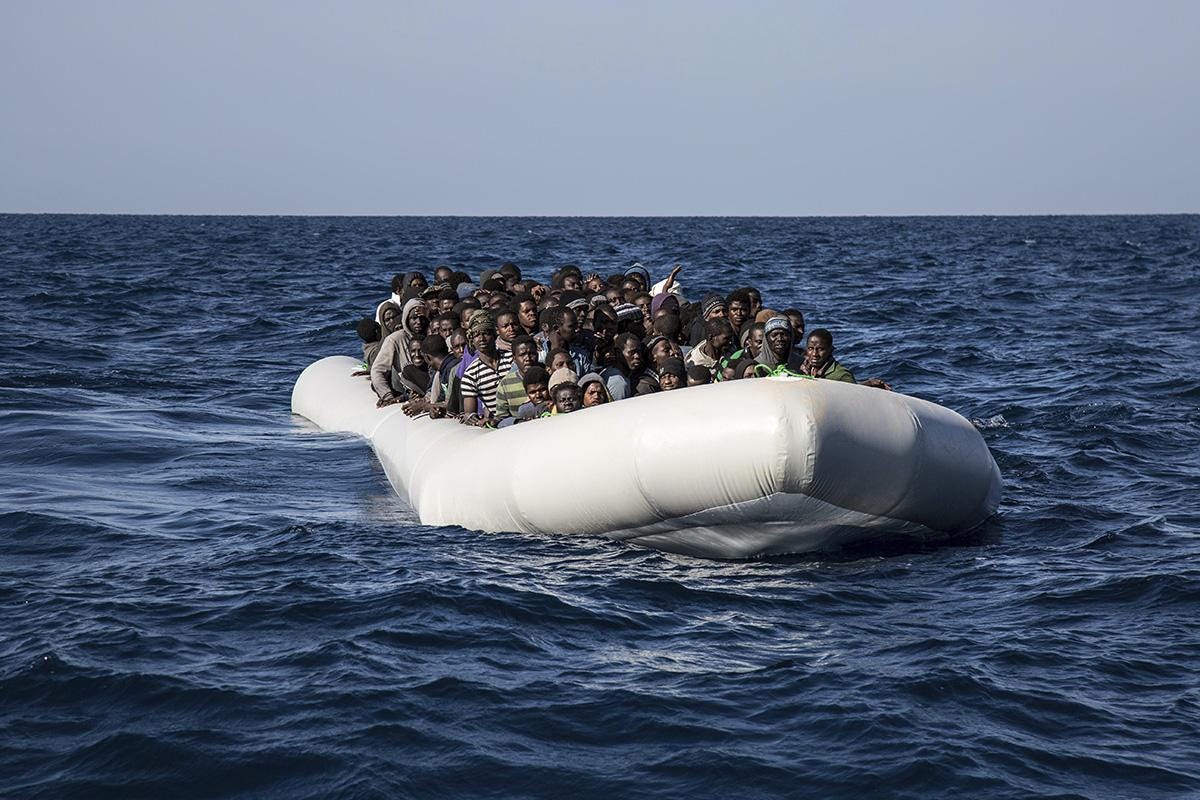 The disaster came a day after two migrants were found crushed to death in a dinghy
The disaster came a day after two migrants were found crushed to death in a dinghy 




















